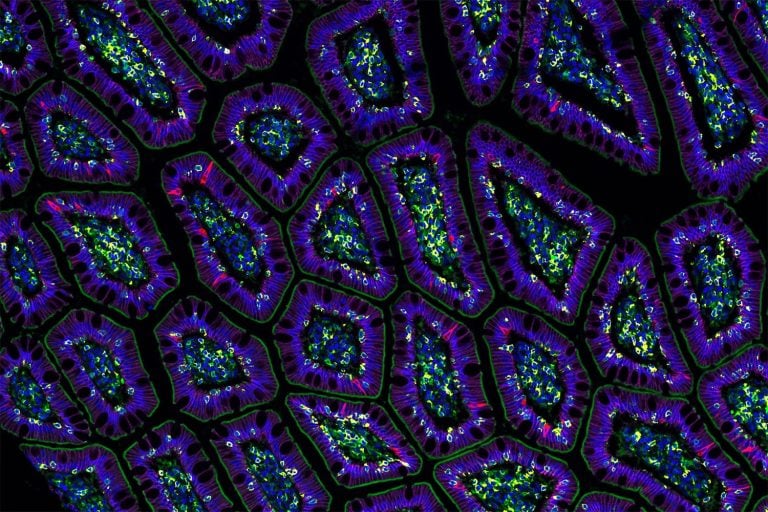Imagine being able to simulate the complex behavior of human cells, tissues, and organs using artificial intelligence (AI). This groundbreaking concept is becoming a reality, thanks to a collaborative effort between Stanford University, Genentech, and the Chan-Zuckerberg Initiative. The goal: to create the world’s first virtual human cell, paving the way for unprecedented advances in medical research and personalized medicine.
The Power of AI in Biology
AI has ushered in a new era of predictive, generative, and query-able tools that can analyze vast amounts of biological data. By leveraging these capabilities, researchers aim to build a virtual human cell that can simulate the intricate interactions between biomolecules, cells, and tissues.
The Benefits of a Virtual Human Cell
A synthetic cell model would offer numerous benefits, including:
- Deeper understanding of human biology: By simulating the complex behavior of human cells, researchers can gain insights into the underlying mechanisms of health and disease.
- In silico experimentation: A virtual human cell would enable scientists to conduct experiments on a computer, reducing the need for costly and time-consuming in vivo experiments.
- Personalized medicine: Physicians could test treatments on “digital twins” of their patients, accelerating the development of personalized medicine.
The Challenge Ahead
Creating a virtual human cell is a daunting task that requires a concerted, global effort. The challenges include:
- Massive biological data: The scale of raw biological data required to create the virtual cell is enormous, with estimates suggesting over 14 petabytes of data.
- Interdisciplinary collaboration: The project demands close collaboration among experts from diverse fields, including genetics, proteomics, medical imaging, and AI research.
The Future of Biology
The creation of a virtual human cell has the potential to revolutionize biology and medicine. By simulating the complex behavior of human cells, researchers can unlock new insights into human biology, accelerate medical research, and pave the way for personalized medicine. The journey ahead will be challenging, but the potential rewards are undeniable.

















